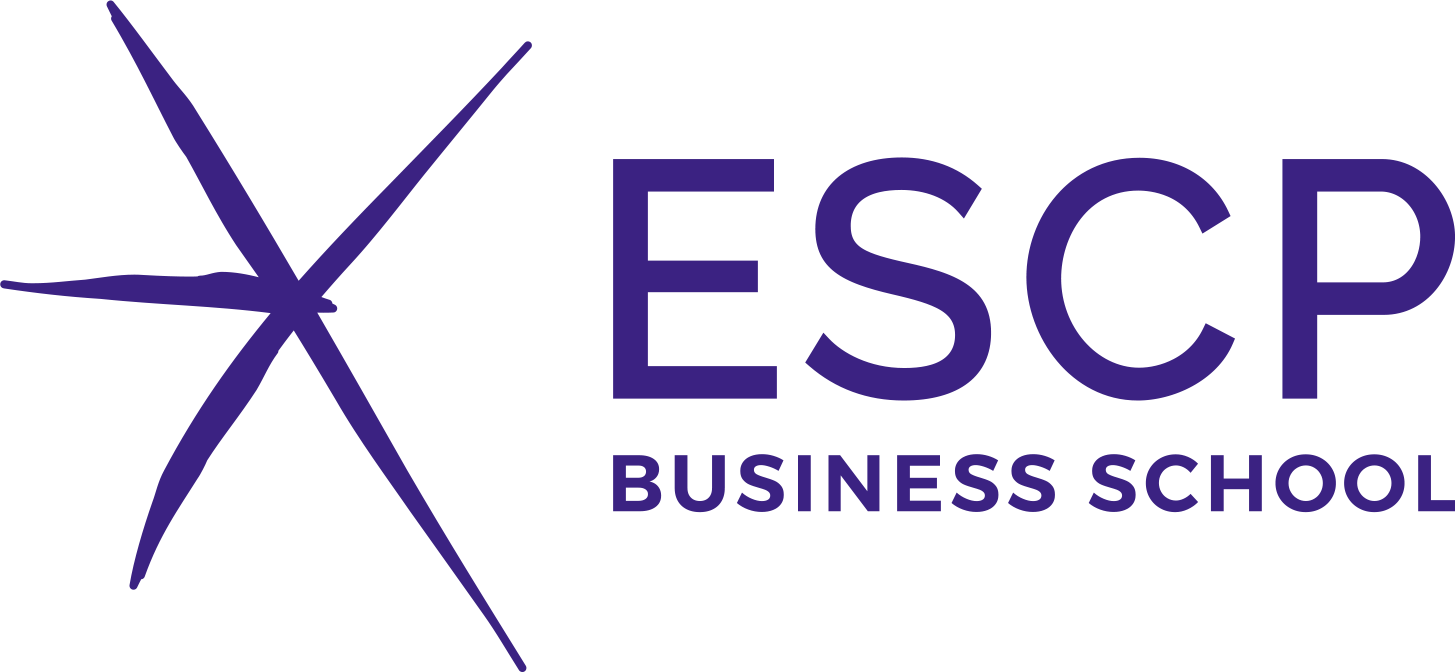As business has globalized, the school has expanded too. ESCP Europe has six campuses—in Berlin, London, Madrid, Paris, Turin, and Warsaw—and is partnered with 120 institutions worldwide.
Students on ESCP Europe’s flagship Master in Management can rotate around these different campuses during their degree and can pursue a variety of dual degrees—in topics ranging from finance to fashion—at partner schools.
As the MBA market plateaus, master in management degrees are becoming increasingly popular. For business schools, it’s become even more important to stand out. ESCP Europe does so by offering a customizable Master in Management with students able to choose from 36 different specializations best-suited to their own career needs.
There is something for everyone. But how can applicants set themselves apart?
What is ESCP Europe looking for?
Head of admissions, Muriel Grandjean, says the school values its applicants having a cosmopolitan world view more than just high test scores.
She looks for bilingual students who have international experience and a multicultural background, whether it be personal, professional, or both. “This has to be more extensive than taking a holiday in a foreign country!” Muriel points out.
“The ideal candidate,” she explains, “has an excellent academic background, international experience and exposure, and some professional experience.”
Muriel says that the best way for applicants to stand out is to demonstrate—through their CV, personal statement, and essays—how curious they are, as well as why they’re eager to study in Europe.
Applicants to the Master in Management at ESCP Europe need to understand the importance of a cross-cultural business landscape and be enthused by the opportunity to expand their knowledge of international business through their program of study at the school.
They need to be fluent in English (level B2 Advanced) and have a bachelor or master’s degree in any field of study in order to be considered for the program.
The application process itself is straightforward. Muriel explains that, in general, candidates apply online via the website. The application includes several documents such as university transcripts, a GMAT or similar standardized management aptitude test, and an English test. Short-listed candidates are then invited for an interview.
What admissions support is on offer?
There are several routes into ESCP Europe. The school has just created the International Direct Admissions pathway which offers personalized support to international candidates.
It joins pre-existing admissions pathways for students currently enrolled in engineering partner schools, and even international-level athletes. ESCP Europe also accepts international applicants through the SAI, a joint application process with four other French Grande Écoles.
On each pathway, the admissions team works with prospective students to make sure there’s a two-way fit, ensuring that the school is right for the applicant too.
Financial support is often essential for master’s students, some who go to business school with little or no savings behind them. As such, ESCP Europe offers a selection of financial need and merit-based scholarships. Around 400 are awarded each year, representing a total of €1.5 million ($1.7 million).
Once students get accepted, the future is bright. 98% of ESCP Europe Master in Management grads find a job within three months of finishing the program. Consulting (35%), finance (25%) and tech (11%) are the top industry destinations and grads enjoy average starting salaries of over €50,000 ($57,000).
The trick is to know how to stand out.







